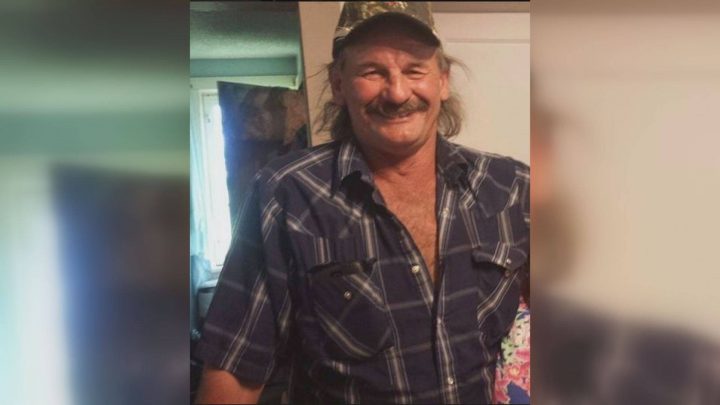Will a murder confession to undercover police officers by Joseph “David” Caissie, in the death of Carol King be admissible and applied to the trial proper? That decision will be delivered by the judge in court on Wednesday after weeks of voir dire testimony.

During the voir dire, court heard that Caissie told operatives he killed his ex-girlfriend in the summer of 2011 as part of a five-month long “Mr. Big” sting operation, in which undercover police officers pose as criminals, in an effort to get a confession out of a suspect.
“He first indicated he killed her by choking her and that story changed after there was further discussion with Mr. Big operators and he indicated he stabbed her at that point in time,” Caissie’s lawyer Kevin Hill said.
Hill was also quick to point out that like many others who are targets of Mr. Big stings, Caissie confessed while being offered a lucrative position within a criminal organization.
The technique by law enforcement has been criticized by some because it can induce false confessions.
In 2014, the Supreme Court ruled that the method could be abusive and elicit unreliable confessions. It threw out the confession of Nelson Hart, a Newfoundland man who admitted, during a sting, to drowning his daughters.
“I think there’s an impression that no one would confess to a crime if they weren’t guilty and I think that that’s a prejudice that should be debunked,” Hill said.
“This is the exact kind of danger that these operations can provoke by baiting somebody with a lucrative livelihood in exchange for saying something.”
According to Hill, what he’s been analyzing is confirmatory evidence during court proceedings. In other words, does the physical evidence match the story his client has told.

Get breaking National news
“The kinds of things that he doesn’t know that he should were absent,” Hill added.
“The things that he says he does know often don’t check out and a result I would just want people to keep an open mind about this kind of scenario – just because there’s a confession doesn’t mean it was necessarily truthful.”
In early October, Carol’s sister Brenda testified via video in the first-degree murder trial about the weeks leading up to King’s death.
Court heard that arguments erupted between the accused and King after Caissie informed her through a letter in the mail that he was putting a lien on the house she was living in.
Brenda told court how Caissie would drive by King’s yard slowly as many as five times within an hour. He began stalking their movements and searched the yard one evening around midnight for up to two hours with a flashlight as the women hid from him the entire time.
The sisters documented these incidents by date and time at the advice of law enforcement after Carol went to police saying she feared for her life.
The afternoon of Aug. 6, 2011, King had a follow-up appointment with Rosetown RCMP. She never made that appointment and it was the last day anyone heard from Carol.
On Aug. 27, local residents found King’s remains in a wooded area near an abandoned yard – approximately six kilometres from where her PT Cruiser was found in a slough weeks prior.
According to one witness during the voir dire, the last conversation they had with King was around 3:30/3:45 p.m. on Aug. 6. Caissie is documented to have been 22 kilometres east of Olds, Alta., that day at 9:03 p.m.
Hill argued the timeline doesn’t add up, there is no way Caissie could have killed King, dumped her car, destroyed evidence, got rid of her remains and travelled four hours to Alberta all within a matter of five hours and 18 minutes.
As for whether or not Caissie will take the stand in his own defence, Hill said he will need to re-evaluate his position after Wednesday’s ruling in Saskatoon.







Comments
Comments closed.
Due to the sensitive and/or legal subject matter of some of the content on globalnews.ca, we reserve the ability to disable comments from time to time.
Please see our Commenting Policy for more.